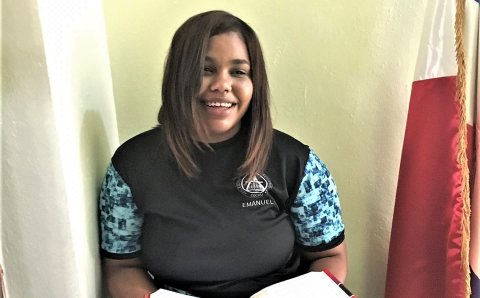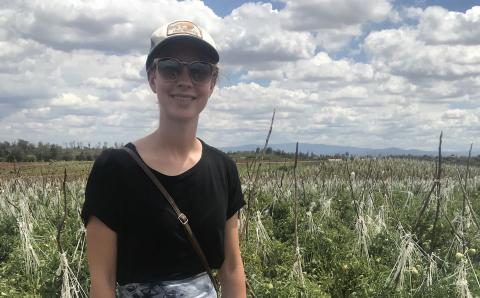Last week Colin Watson, director of ministries and administration for the Christian Reformed Church, signed a statement calling for diplomacy, “given the escalation of confrontation between the United States and Iran,” as a preamble to the statement reads.
“It is time for leaders from our faith communities to point to more effective ways to transform conflict and to speak strongly against military action that could have enormous human and financial costs, and which could easily and broadly escalate,” the statement reads.
Watson said he was invited to sign through a network of faith leaders that includes the organization Sojourners, which Watson serves as a board member.
He said he signed as a reminder to all of us that “while we are not pacifists, we are on the side of ensuring that we do not support policies that could unintentionally hurt other people—the poor and the oppressed.”
Three specific actions are called for in the statement, which is titled Back From the Brink, Faith leaders call for diplomacy, not war, with Iran.
“1) The United States should offer to return immediately to the Iran nuclear deal and use the resulting discussions with Iran to engage in an effective diplomatic process for enhancing regional security.
“2) The United States should end its policy of harsh and punitive trade sanctions against the Iranian people.
“3) If necessary, (the United States should) establish safeguards for commercial shipping in the Gulf.”
Watson said he looked at this particular issue from the perspective of “consider(ing) the impact on individuals—members of God’s creation, as these policies are implemented.”
Others who have signed the statement include Wesley Granberg-Michaelson, former secretary general of the Reformed Church in America, clergy from individual congregations, and representatives of interfaith organizations. At the time of the statement’s release (July 9), there were more than 100 names, and the network continued to collect more.
When asked whether statements issued by faith leaders on any particular policy actually make a difference, Watson said, “I think that there are cases where we are called to speak out even though it might not have any immediate impact—just to remind individuals who we are … we are called to love our neighbors as ourselves.”
About the Author
Alissa Vernon is the news editor for The Banner.








